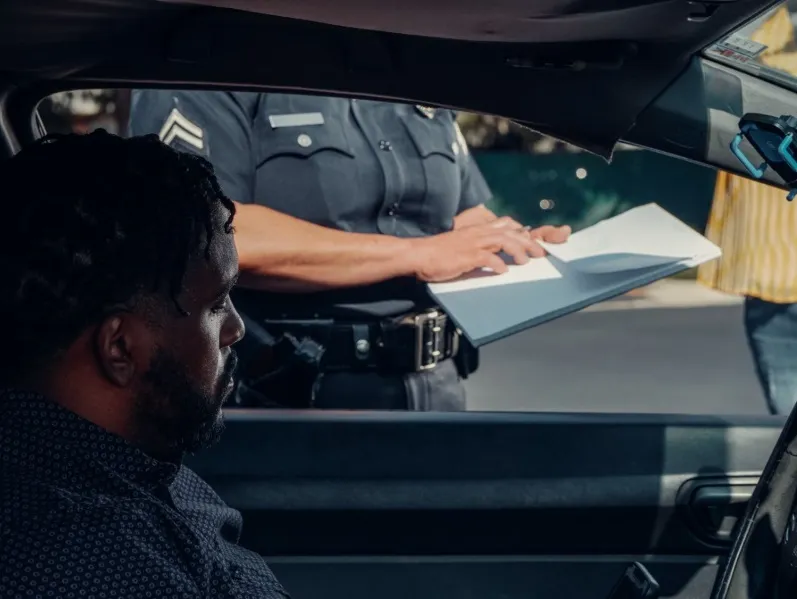How Long Can You Go to Jail for Drug Possession in South Carolina?
You’re pulled over for a routine traffic stop in Rock Hill, and the officer finds a small bag of pills in your car. Do you know whether those prescription medications could lead to drug possession charges? Or consider this: You’re in Lancaster and accused of having methamphetamine with the intent to sell because of the amount found in your possession. What evidence will the court look at to decide if it was for personal use or distribution?
These situations are more common than you might think, and they highlight how South Carolina's drug laws can quickly turn a difficult moment into a life-altering legal battle. Questions like “Will this lead to federal charges?” or “Can my charges be reduced to avoid jail time?” can be overwhelming without proper legal guidance.
At Barboza Law, we understand the profound implications that a drug possession charge can have on your life. We are committed to providing strong, affordable legal defense tailored to your unique circumstances. Contact our Rock Hill drug crimes attorney today to discuss the details of your case.
How Drug Classifications Affect Criminal Penalties in South Carolina
The penalties for drug possession are heavily influenced by the classification of the drug or controlled substance. The state classifies drugs into five schedules, each with varying degrees of severity based on the drug’s potential for abuse, accepted medical use, and safety profile.
According to South Carolina laws governing illegal drugs and controlled substances:
- Schedule I Substances: Schedule I drugs are considered the most severe and addicting. They have “no accepted medical use and a high potential for abuse,” like LSD or heroin. Possession of a Schedule I drug may be charged as a misdemeanor or felony and involve up to 2 years in jail.
- Schedule II Substances: Drugs in this category include cocaine, methamphetamine, and oxycodone. While they have some accepted medical uses, they are also highly addictive. Penalties for simple possession may be a fine of up to $1,000 and/or up to 6 months in jail.
- Schedule III, IV, and V Substances: These schedules include drugs with lower potential for abuse, such as anabolic steroids (Schedule III) and certain prescription medications (Schedules IV and V). Penalties for a first offense may include fines and/or time in jail.
Drug classification, quantity, and number of offenses will influence whether your drug possession charge is a misdemeanor or a felony and the potential penalties you may be facing. A knowledgeable drug possession lawyer in Rock Hill, SC can provide detailed insights and strategies to mitigate the damaging consequences of your arrest. Depending on the circumstances of your case, your attorney may be able to get your charges reduced or fight for alternative sentencing.
Factors That Can Increase the Severity of Drug Possession Penalties
While the above penalties describe first-offense simple possession, other factors may increase the potential jail sentence should you be convicted.
Personal Use or Intent to Sell
One of the most significant factors in determining penalties is whether the drugs were intended for personal use or distribution. South Carolina law is much harsher on drug possession with intent to distribute. Evidence of packaging materials, large quantities, or considerable amounts of cash may indicate intent to sell. This can lead to a longer jail sentence.
Type and Amount of Drug
The type and amount of illegal drug or controlled substance can greatly impact how long you can go to jail for possession. For example, if you have a substantial amount of methamphetamine, it can result in mandatory minimum sentences. Penalties may include up to 15 years in prison and fines of up to $50,000. Methamphetamine is considered a primary drug threat in South Carolina, according to the National Drug Intelligence Center.
Prior Criminal Record
Repeat offenders often face enhanced penalties under South Carolina law. If you have previous drug-related convictions or charges, you could be subjected to harsher penalties and a lengthier prison sentence.
State or Federal Drug Possession Charges
The jurisdiction under which your case is prosecuted—state or federal—can also affect your potential jail sentence. Federal charges generally carry more severe penalties and longer sentences. Higher quantities of drugs and crossing state lines are the most common factors that lead to federal charges.
Get Fierce Representation from a South Carolina Drug Crimes Lawyer
If you or a loved one is facing drug possession charges in South Carolina, you need to seek immediate help. Drug possession charges have high states. An experienced drug crimes attorney in Rock Hill, SC is essential to receive the guidance and strong advocacy you need to protect your rights.
Barboza Law has a strong reputation for providing high quality, dedicated representation. When your freedom is on the line, contact Attorney Sabreena Barboza. Contact us today through our online form or by dialing (803) 973-6003 and schedule a consultation to discuss the details of your case.


